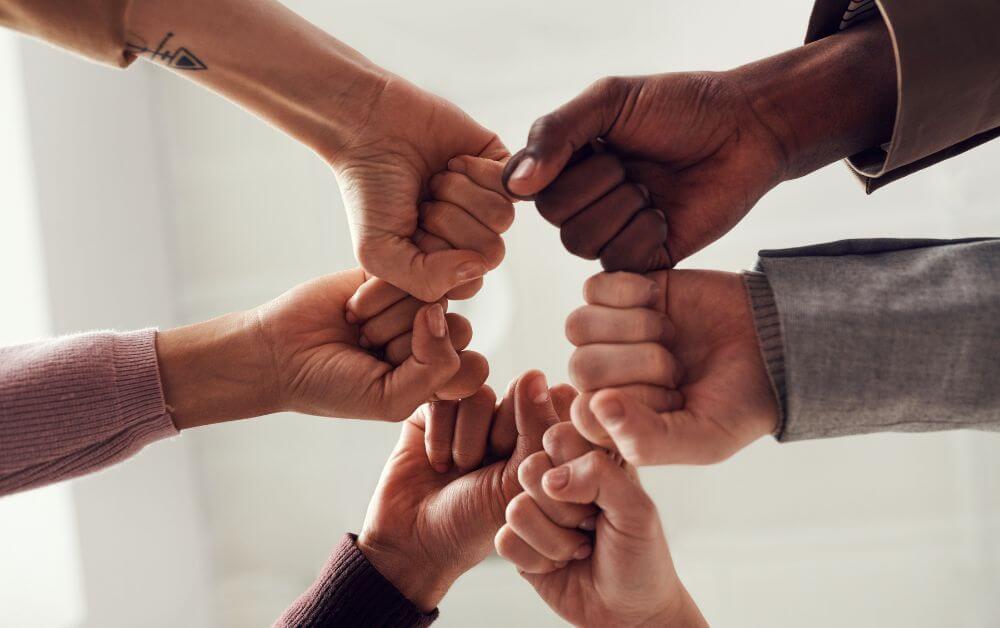Today’s insights are brought to you by my colleague, psychologist, and consultant, Tamryn Batcheller-Adams. This article was written in 2020 and so has references to Covid and adapting to working from home.
The Circle of Courage is a really powerful framework and ‘change’ is still as relevant now as it was 2 3 years ago… I hope this article offers insights and a framework for those who are currently dealing with change.
Covid is certainly not the only disruption organizations have faced, nor will it be the last. Hybrid models of working, organisational restructures, being appointed as a new Team Lead, starting a new job, relocating to a new city or country, and starting a family – these are all examples of contexts of change.
Change itself is chaotic. It can be disruptive, depending on how it is managed and more importantly, how change is communicated. When we are faced with change we need to know how to ‘regroup’ and adapt as quickly as possible to regain a sense of momentum and effectiveness. We need to think about how we can settle our people down, and remove any unnecessary anxiety, so work can continue but their needs can be addressed.
One way to begin to manage change more effectively is to apply a framework developed in 1988 by Drs Brentro, Brokenleg & Brocken. Their work focused on addressing the development of youth at risk and what emerged became the epitome of creating holistic resilience. Commonly referred to as the Circle of Courage, this framework identifies four key areas crucial to developing overall stability and functioning within an individual or group of people. When appropriately applied, it is a golden recipe for navigating change effectively.
The Four Key Areas and a Basic Explanation of Each Are:
Belonging: How do people connect and fit in with others? To whom/what do people feel a sense of attachment?
Mastery: What are people good at? What are their skills and how can they develop them further?
Independence: Do people feel like they have agency and autonomy, if so, where?
Generosity: How can people be generous to others? Who are those in our circle of influence whom we can assist? What is our broader social obligation?
A framework of four key areas for developing stability and optimal functioning. Belonging, Mastery, Independence, and Generosity. When applied to an individual, team, organization, or even nation, it serves as a roadmap for where and how to intervene to allow for greater effectiveness.
Read in more detail about each of the 4 key areas, accompanied with real life examples of organisations and people that Tamryn has worked with by applying the Circle of Courage Framework and the breakthroughs in the various organisations that are evident in Tamryn Batcheller-Adams’s article here.
Tamryn Batcheller-Adams is a psychologist, leadership presenter, consultant, author and coach working internationally with TomorrowToday Global. As a practising psychologist with two Masters’ degrees in psychology, Tamryn focuses on leadership, team and individual development.
Having worked with leaders across 20 countries, Tamryn utilizes frameworks with a focus on building adaptability, emotional agility, resilience, stress management, self-awareness, social awareness and team cohesion to enhance personal, professional and collective growth. She co-designs, facilitates and coaches in Senior Executive Leadership Programmes and is a registered Enneagram (personality) specialist based in Cape Town, South Africa. Tamryn is also the co-author of the book Mavericks: How Bold Leadership Changes the World.


